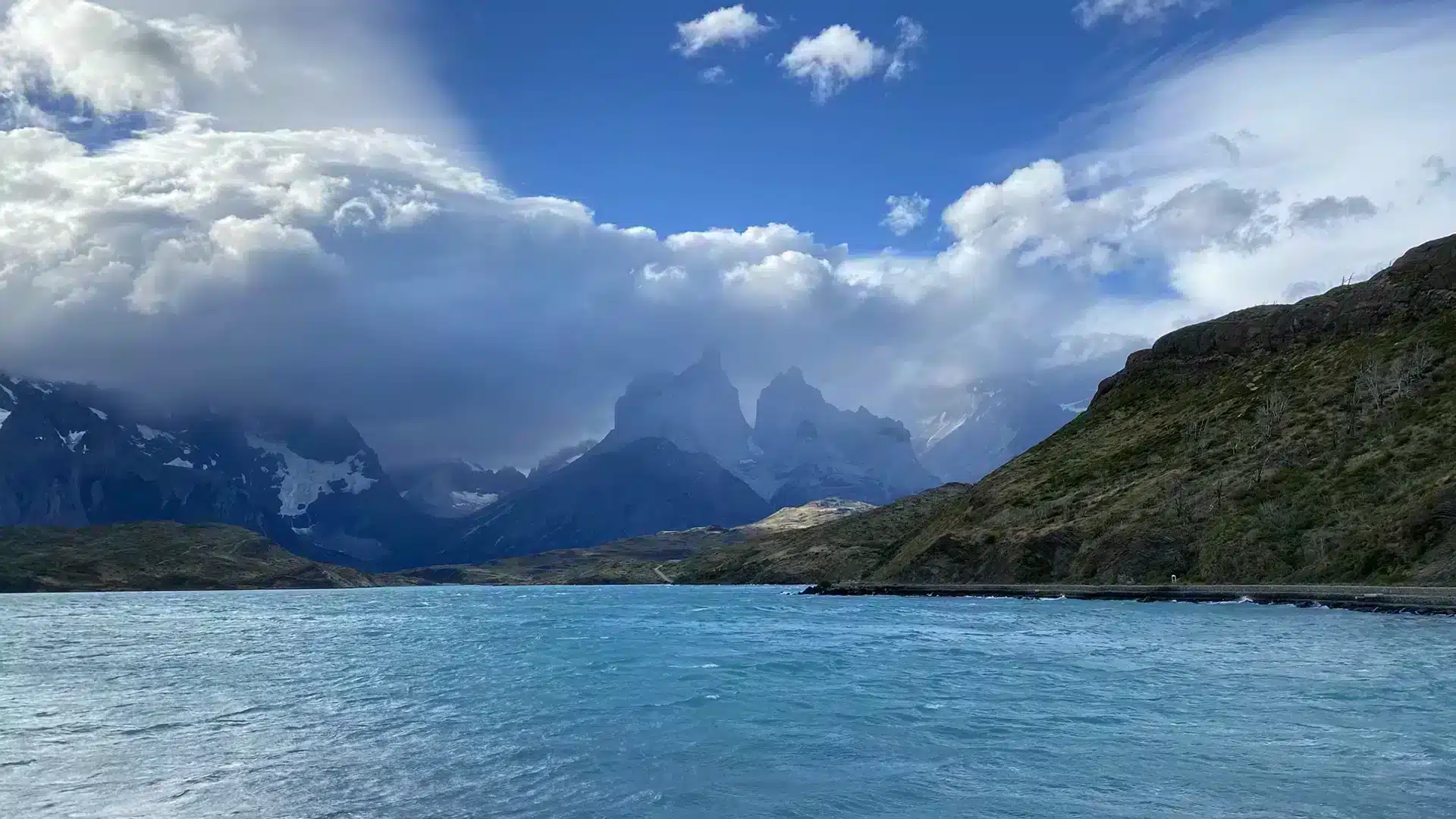
Investment that connects with nature
Investing in Chilean Patagonia
Patagonia is a vast geographical region located at the southern tip of South America, shared by Argentina and Chile. Known worldwide for its immensity and untamed beauty, it is a land that amazes with its diversity of landscapes, ecosystems, and cultures.
Chilean Patagonia stretches from the Los Lagos Region to Magallanes, displaying a mosaic of unique sceneries: snow-capped mountain ranges, ancient forests guarding timeless secrets, imposing glaciers, endless ice fields, deep fjords, open prairies, and crystal-clear waters. Its lands, fragmented by fjords, islands, and channels, are born from the clash between the Andes mountains and the sea, which meet majestically here before giving way to the vast Patagonian steppe.
The isolation of these lands, with harsh climates and low temperatures, has shaped a sparse population deeply connected to the territory. Even today, gaucho traditions and settlers’ customs survive, reflecting the resilience required to live at the edge of the continent.
Chilean Patagonia’s biodiversity is another of its treasures: humid forests shelter unique species such as the huemul, Chile’s national symbol; the majestic condor soaring across the skies; and the puma, silent guardian of the steppe. Every corner holds wildlife not found anywhere else in the world.
Among its most iconic landscapes stands Torres del Paine National Park, with its granite peaks rising like cathedrals, bluish glaciers, and turquoise lakes of indescribable beauty. This park, considered one of Chile’s and the world’s natural wonders, epitomizes what Patagonia represents: pure, overflowing nature.
This territory is also a paradise for adventurers. Its trails invite trekking among glaciers and lagoons, the open pampas are perfect for horseback riding, and its waters for kayaking, sailing through channels, or enjoying sport fishing. Each activity takes place in settings of unmatched beauty, making Patagonia a dream destination for those seeking authentic experiences and connection with nature in its pristine state.
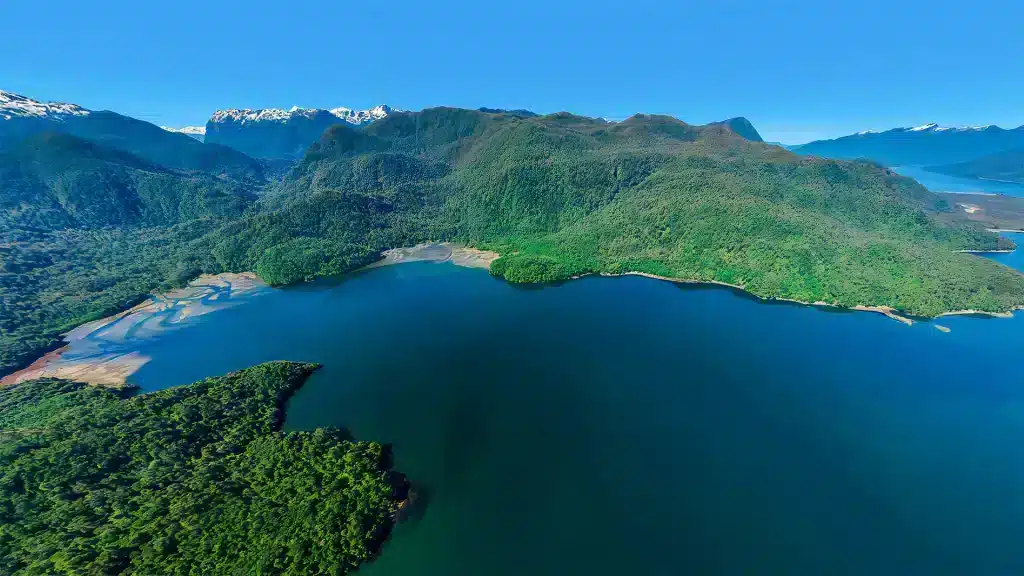
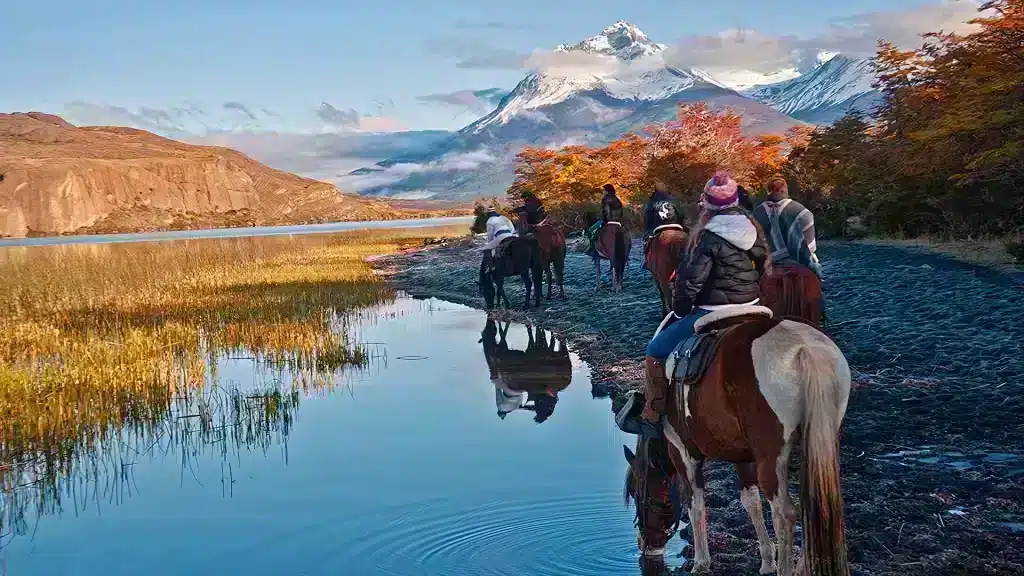
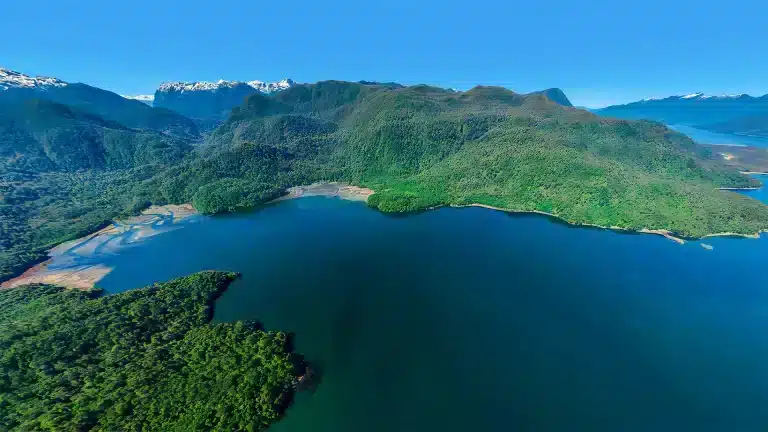
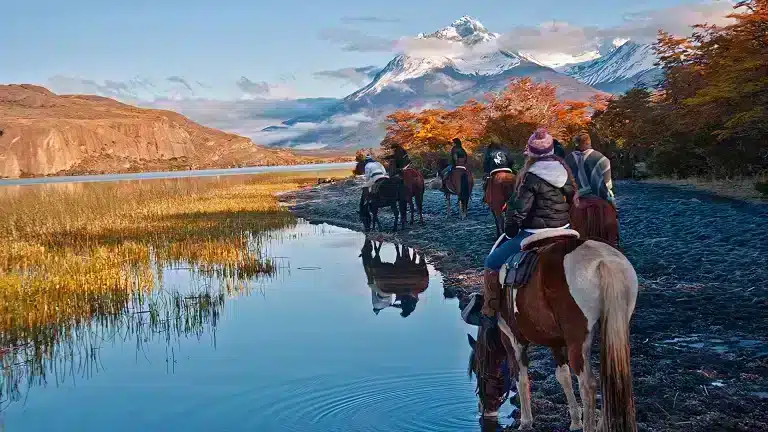
Patagonia as a Place to Live
Many residents of Chilean Patagonia deeply value the peace and genuine connection with nature that this territory offers. Life here flows at a slower pace, far from the noise of large cities and constant dependence on technology.
However, today’s reality has transformed this experience. The rise of remote work and the increasingly easy access to clean energy such as solar power, along with quality satellite internet, have opened the door to a hybrid lifestyle: enjoying the isolation and purity of the landscapes without giving up full connectivity with the world. Nowadays, many families and professionals are leaving the cities to move to these lands, seeking balance, health, and well-being.
In Patagonia, it is possible to find that unique combination: being far away, but never disconnected. Here, the pure air, clear skies, and untamed nature become part of daily life, inspiring a healthier, simpler, and more authentic way of living.
Living in Patagonia is not just a change of place, it is a personal transformation. Those who choose these lands discover that the beauty of its landscapes and the power of its natural environment invite them to reinvent how they inhabit the world.
Produncan Lands, through its real estate agency, invites you to take that step: to explore Patagonia and find in it not just a home, but a space where connection with nature becomes inspiration, harmony, and a new way of living every day.
Why Invest in Chilean Patagonia
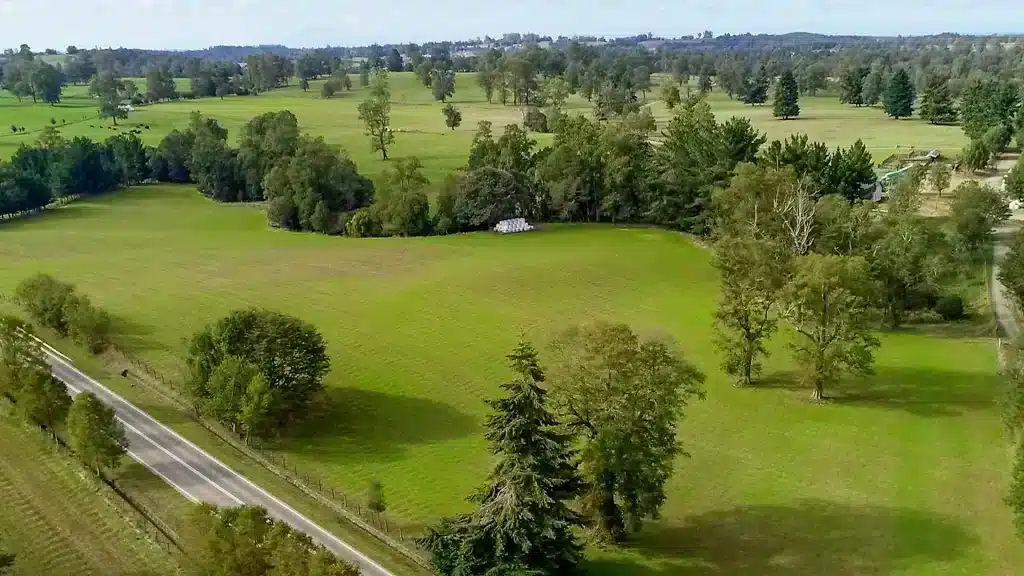
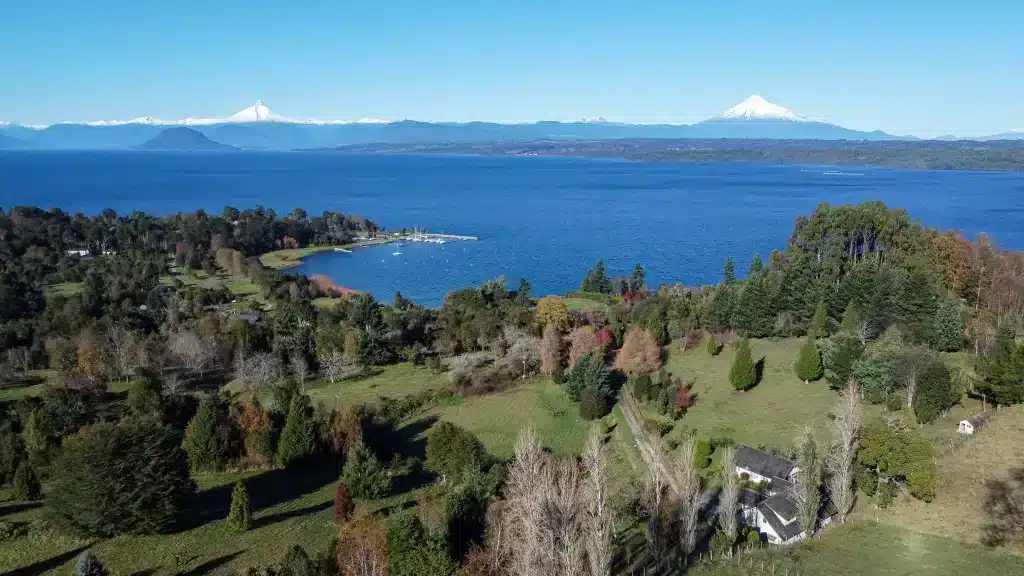

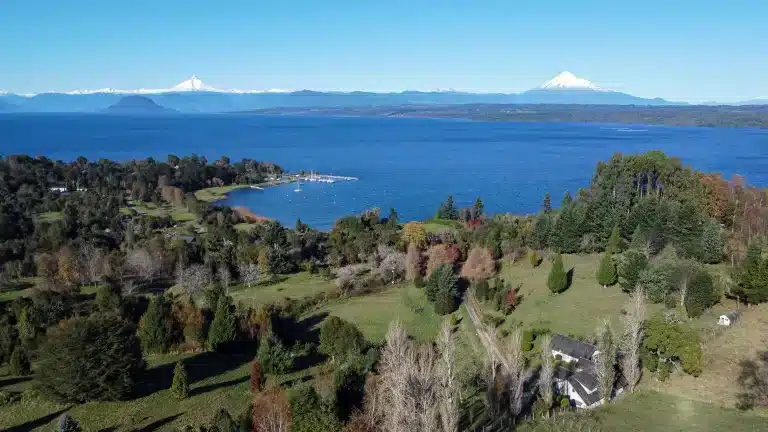
Chilean Patagonia has shifted from being a remote, admired territory to becoming a true focus of global interest: conservation, investment, and, for many, a safe haven. This combination of untouched landscapes, natural resources, and relatively low population density has sparked growing demand from both large investors and individuals seeking security, quality of life, and protection against global uncertainty. Today, from institutional funds to families wanting “a place of their own,” all eyes are turning south to be part of this unique territory.
It is important to clarify: some attribute Patagonia with qualities as a refuge against extreme scenarios, from economic instability to geopolitical risks, and some narratives even suggest climatic advantages in extreme situations. That belongs to speculation and should not be taken as the sole reason for investment. What is solid is this: compared to analogous regions in other countries, land in Patagonia is often more affordable—many investors consider it several times cheaper than options in North America or New Zealand—and this, combined with growing demand, drives the expectation of appreciation.
So why invest in Patagonia? Broadly speaking, the practical reasons most often cited are:
Natural and energy resources. The region concentrates potential in fishing, managed forests, freshwater, marine resources, and opportunities for renewable energy (small-scale hydro, wind, and emerging projects such as green hydrogen). In addition, conservation and sustainable forest management open doors to ecosystem services and carbon credit markets.
Tourism and experiences. Patagonian landscapes attract high-value nature tourism: trekking, lodges, experiential tourism, and sport fishing. Well-located, sustainable projects often achieve good returns and create local employment.
Infrastructure and connectivity under development. Public and private initiatives have been improving roads, regional airports, and ports, reducing logistics costs and facilitating access to productive or tourism projects.
Diversification and asset protection. Many investors see land as a real asset that protects against inflation and financial market volatility; Patagonia, being scarce and in growing demand, fits this logic.
Attractive relative costs. In comparative terms, land and projects in Patagonia used to cost—and in many cases still cost—less than similar alternatives in temperate-climate countries with high international demand, facilitating capital entry.
Institutional framework and stability. Chile offers a recognizable institutional framework for investments: macroeconomic stability, foreign investment regulations, and promotion agencies that facilitate procedures and contact with authorities.
That said, investing in Patagonia is not a blank check. There are also risks and limitations every investor must consider: distance and logistics, costs of enabling services (water, electricity, roads), strict environmental regulations (protection of native forests, wetlands, and habitats), water rights, presence of indigenous territories, and the need for sectoral permits (SAG, SEIA, municipalities). Value appreciation exists, but it comes with timelines, procedures, and real operational risks.
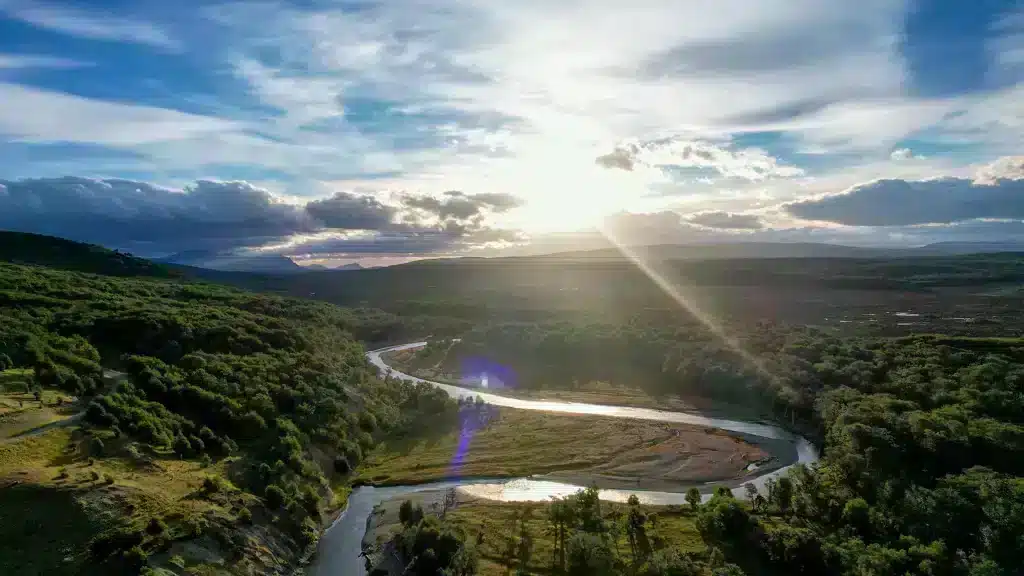
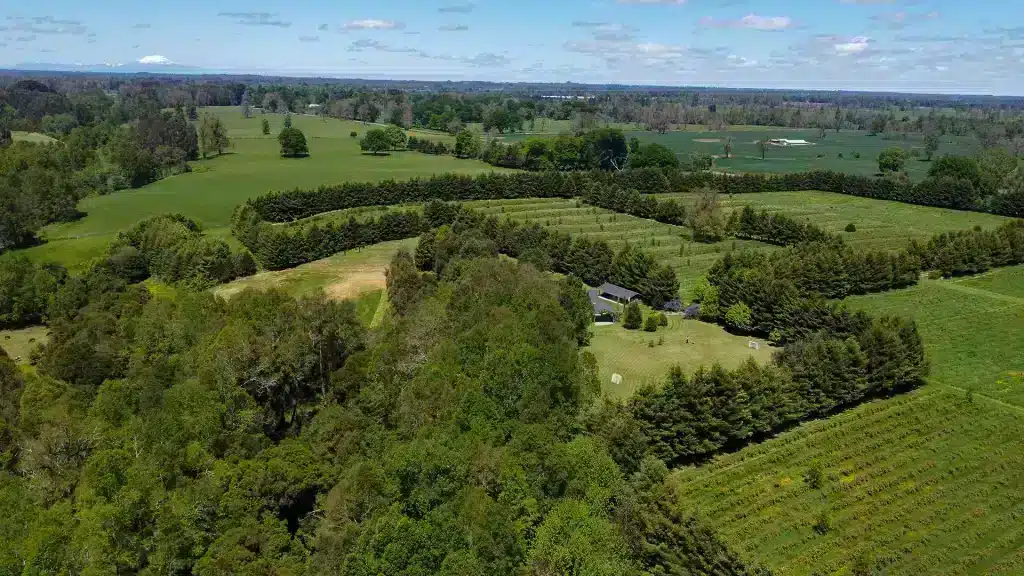
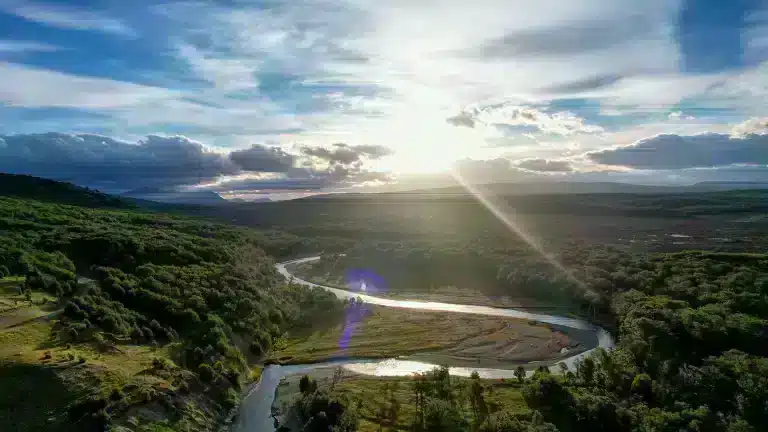
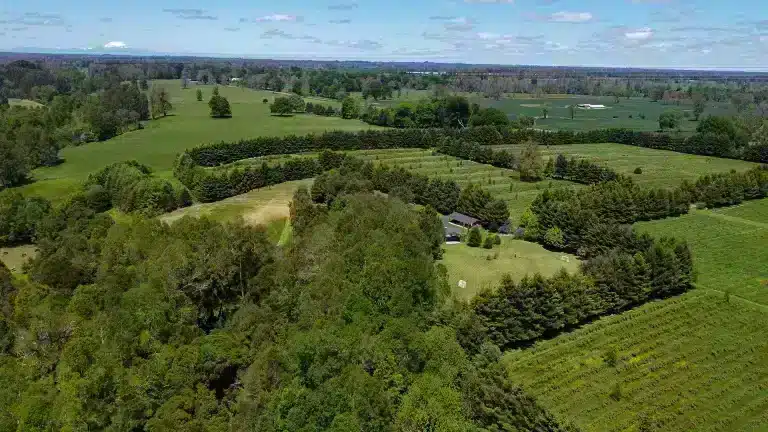
If you are considering investing, these are the prudent and recommended steps:
- Initial evaluation and market study: locate opportunities, compare prices, and understand local and tourism demand.
- Legal and technical due diligence: title study, verification of water rights, easements, and on-site inspection.
- Environmental evaluation and permits: determine if the project requires environmental impact assessment (SEIA) or sectoral authorizations.
- Estructura de inversión: definir si será inversión directa, creación de sociedad chilena (SpA/Ltda.), o alianza con socios locales.
- Business plan and financial projection: consider costs of access, services, works, and return timelines.
- Relationship with communities and regulators: social license and regulatory compliance are fundamental in rural projects or territories with indigenous presence.
At Produncan Lands, we accompany the entire process. We provide comprehensive support including land search and filtering, coordination of technical inspections, management of title studies and easement verification, advice on water rights and SAG regulations, support in structuring Chilean companies, connections with specialists for environmental assessments, and, when appropriate, design of tourism or productive projects with a focus on sustainability and long-term value creation. We also facilitate contact with public offices (InvestChile, municipalities, regional offices) and with reliable local advisors (lawyers, surveyors, engineers).
Investing in Patagonia can be a powerful opportunity if approached with planning, expert advice, and respect for the territory. If you are interested in exploring options or want an initial assessment of a property or project, Produncan Lands can prepare a tailored evaluation and guide you step by step.
Tax Incentives for Investing in Patagonia
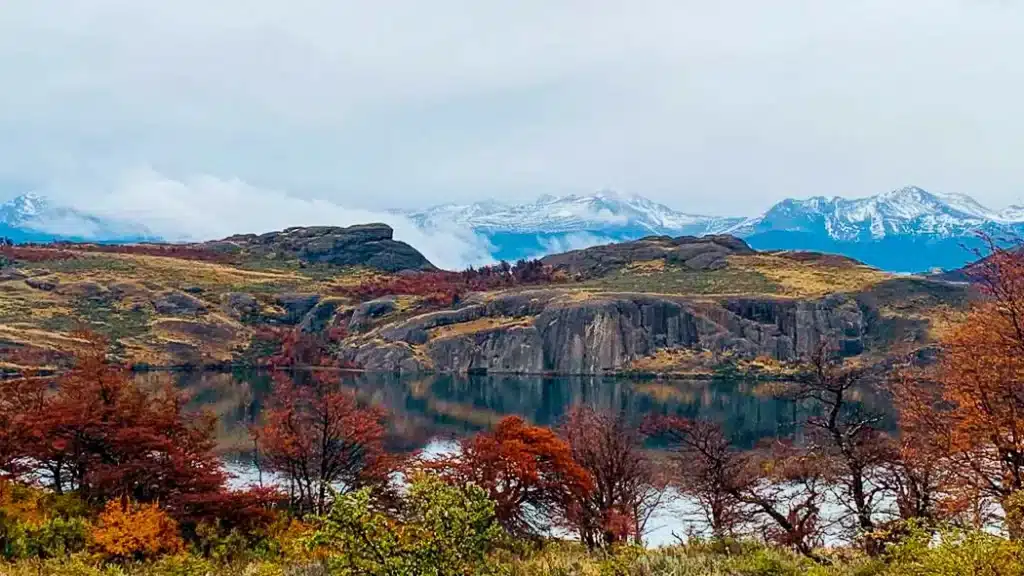
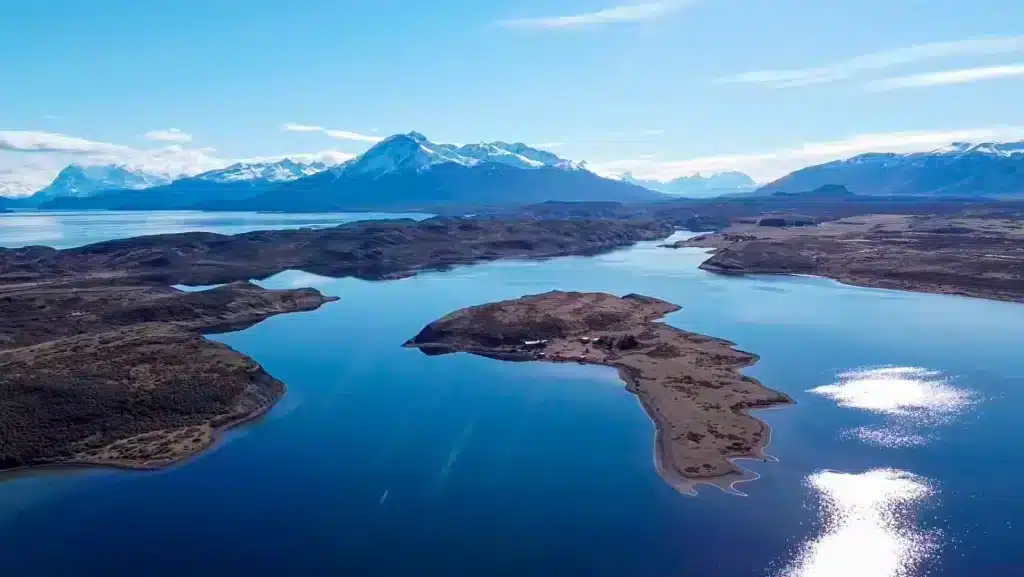
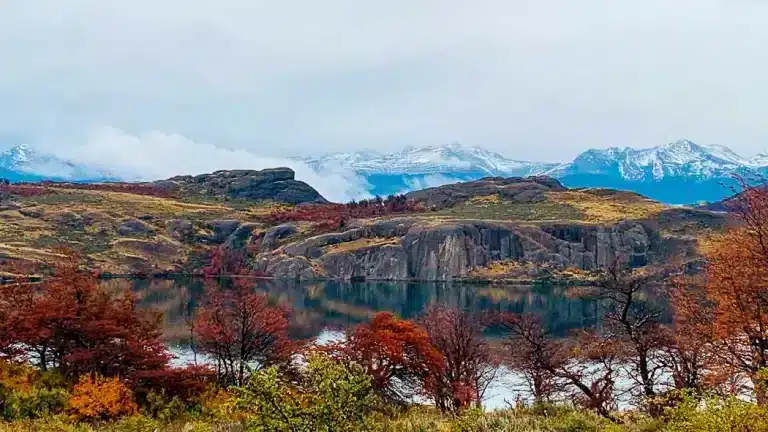
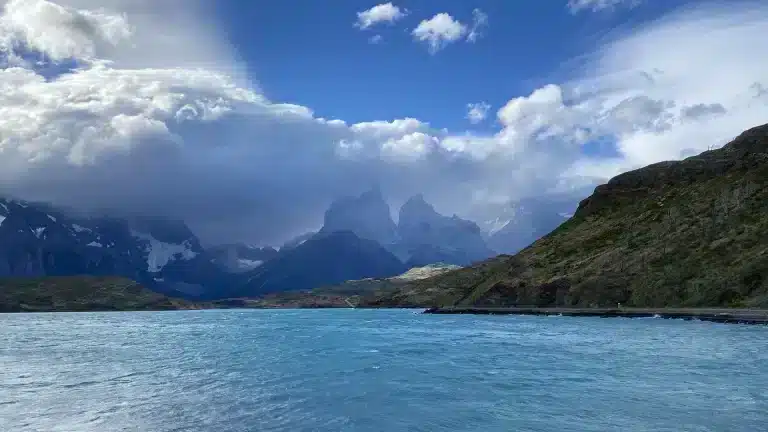
Here is a summary of the main tax incentives in Chile applicable to investments in Patagonia or in the southernmost areas of the country, along with key points to verify. It is always important to confirm the validity of the benefit, since some are subject to deadlines, specific regulations, or bills under discussion.
1. Extreme Zones Law / Labor Bonus
Law Nº 19.853 grants a 17% bonus on the taxable wages of workers domiciled and permanently employed in extreme zones, including the provinces of Palena and Chiloé, Aysén, Magallanes, etc. This applies to employers hiring in these areas.
2. DFL 15 Investment Tax Credit / Promotion and Development Fund for Extreme Zones
This decree offers incentives for productive investment in extreme zones, allowing recovery of a percentage of the investment through tax benefits such as tax credit or other mechanisms. It is granted to companies investing in fixed assets (construction, facilities, machinery, etc.). The benefit is deducted from the First Category Tax (corporate tax in Chile).
3. Tax Credit for Investments in Southernmost Regions
There are specific regimes allowing companies that invest in fixed assets, services, or other activities in southern regions (including Palena province, etc.) to offset part of that investment against their corporate income tax. For example, current legislation grants these benefits until the year 2035 for Regions XI (Aysén), XII (Magallanes), and the province of Palena.
4. Exemption or Tax Credit on Capital Goods Imports
In some cases, projects involving investments of a minimum amount (e.g., US$5 million) may request VAT exemption or tax credit on imported capital goods, reducing equipment or infrastructure costs.
5. Incentives for Innovation / Research & Development (R&D)
If your project has an innovation component (e.g., products, processes, services linked to sustainable tourism, biotechnology, clean energy, etc.), you can benefit from tax credits and incentives offered by public programs such as those from InvestChile.
6.Specific Sector Incentives
Rural tourism projects may qualify for special incentives if they meet certain requirements. In renewable energy, community or infrastructure projects in rural areas may access additional benefits promoted by the State, many of them tax-related (e.g., proposed green hydrogen legislation).
- Some benefits have specific validity periods: certain incentives are active until 2025, with credit recovery possible in later years.
- The investment must actually be located in areas officially recognized as extreme, which includes verifying jurisdiction, specific province/region.
- Some incentives have caps; for example, the labor bonus has a cap on taxable wages (a maximum monthly amount eligible for the bonus).
- You must meet all legal requirements, submit projects, environmental permits if applicable, municipal authorization, etc., to qualify.
The incentives described apply to both Chilean and foreign investors, provided the investment is made through a legal entity (company incorporated in Chile) or, in some cases, directly as an individual with a Chilean RUT.

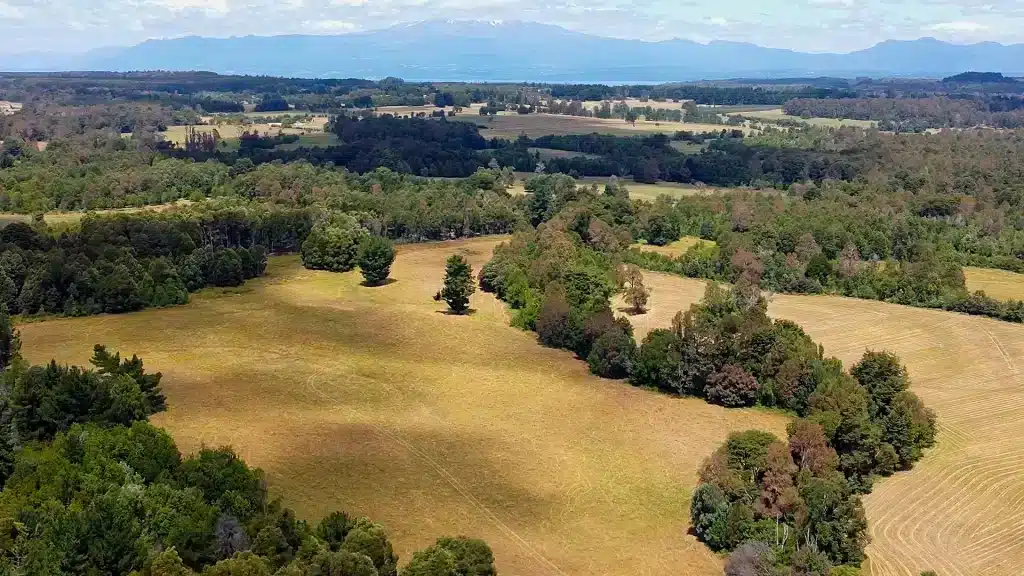
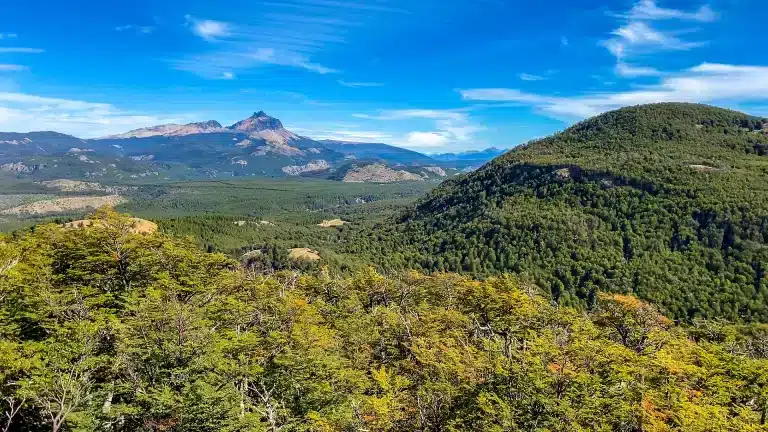
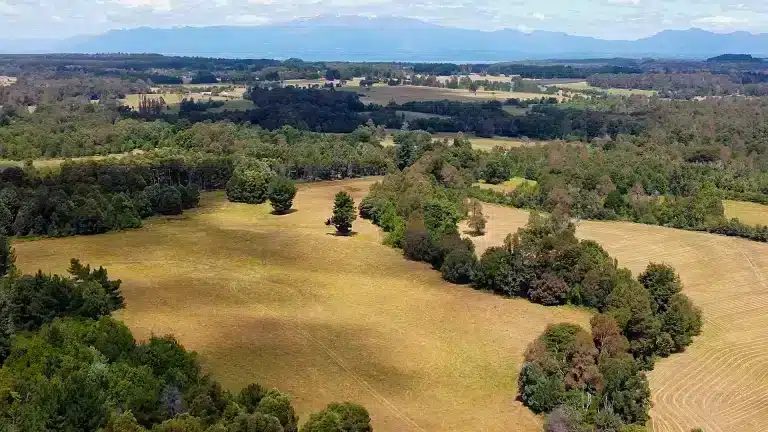
Considerations / Limits
- Some benefits have specific validity periods: certain incentives are active until 2025, with credit recovery possible in later years.
- The investment must actually be located in areas officially recognized as extreme, which includes verifying jurisdiction, specific province/region.
- Some incentives have caps; for example, the labor bonus has a cap on taxable wages (a maximum monthly amount eligible for the bonus).
- You must meet all legal requirements, submit projects, environmental permits if applicable, municipal authorization, etc., to qualify.
The incentives described apply to both Chilean and foreign investors, provided the investment is made through a legal entity (company incorporated in Chile) or, in some cases, directly as an individual with a Chilean RUT.